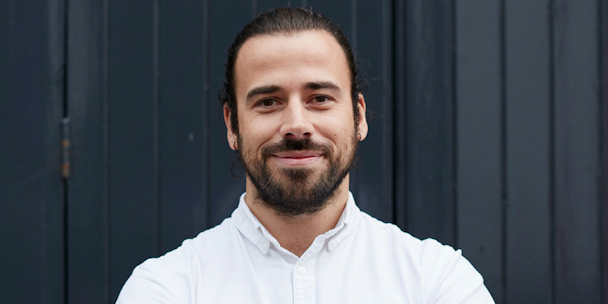Provenance is dead. Long live provenance
Last month, The Singapore Tourism Board (STB) and Economic Development Board (EDB) revealed new branding to promote the country to both tourists and businesses.

The unified message of 'Passion Made Possible' is set to tell a fuller story of Singapore beyond just tourism, articulating the country’s provenance and regionality with stories about the destination and its people. This is seen with the new logo which labels the country as ‘SG’, playing on the idea of trademarks and linking to Singapore’s desire to be known as a country of innovators.
Provenance has had a tough ride in recent years. As a marketable idea it has struggled, somewhat ironically, to contain its own proliferation, and its once formidable selling power has been diluted as a result.
What’s more, across the columns, screens and activations of recent years, provenance has played second fiddle to the more fashionable idea of ‘brand purpose’ (an idea now unravelling gracelessly before our eyes).
The notion of provenance needs to be evolved if it is to re-capture the imagination of consumers. These three considerations will help your brand cut the clichés when talking about origins, history or heritage.
Provenance is about so much more than authenticity
We have a tendency to think of provenance and authenticity as interchangeable. But provenance is a lazy way to inflect a brand with a sense of authenticity. And authenticity is too broad an idea to provide a serious and lasting solution for brands that have lost their way.
Instead of asking ‘how can we appear more authentic?’ brands should be asking ‘what truth is our brand or business built upon, and is that truth still relevant today?’
If the answer to the latter question is ‘yes’, then the next thing to do is to understand how that truth manifests and expresses itself in contemporary culture. This is the key to unlocking how brand provenance, and brand truth, can be made a part of the present instead of remaining a part of the past.
If the answer is ‘no’, then we all know what the dignified thing to do is.
Keep it real
Avoid the temptation to idealise a brand’s origins, heritage or history. The BBC was criticised earlier in the year for the pristine vision of nature brought to life in Planet Earth II, and rightly so. The world is a mess. Photo-shopping reality or focussing our attention on the few remaining pretty bits isn’t going to help with the clean-up.
Through attempts to inflect brands with ever-higher degrees of ‘authenticity’, today’s consumers have been asked to buy into some of the least authentic stories and images imaginable. It’s another of the ironies that has contributed to the weakening of this once powerfully sellable notion.
If provenance is to recapture its relevance as a marketable idea, then brands need to channel the spirit of place and people with more honesty than they currently do.
Patagonia’s recent video in response to attempts by the US government to alter the boundaries of a host of national monuments is a good example. The next generation of brands to benefit from provenance-inspired product, narratives or campaign ideas will acknowledge the world as it is, not sugar-coat it.
Provenance is timeless
One of the things that makes provenance a powerful idea is that it closely mirrors our own experience of buying a product we truly care about. We remember where we bought it, why we bought it, and we can usually reflect on the difference it has made to our lives since we did. This feeling of connection to a thing or a place is very natural and very instinctive.
The provenance of your brand fifty years from now is being created by the people who are experiencing and using it today. Brands across categories can learn from the fashion and cosmetics players who are finding novel ways of allowing consumers to enhance their experience of the moment they buy something for the first time.
Brands have social and cultural origins - they serve a social purpose, and they are part of the cultural mix. Let the provenance of your brand come to life through the people who have made it a part of theirs.
Gareth Lewis is Asia regional lead at Space Doctors.
